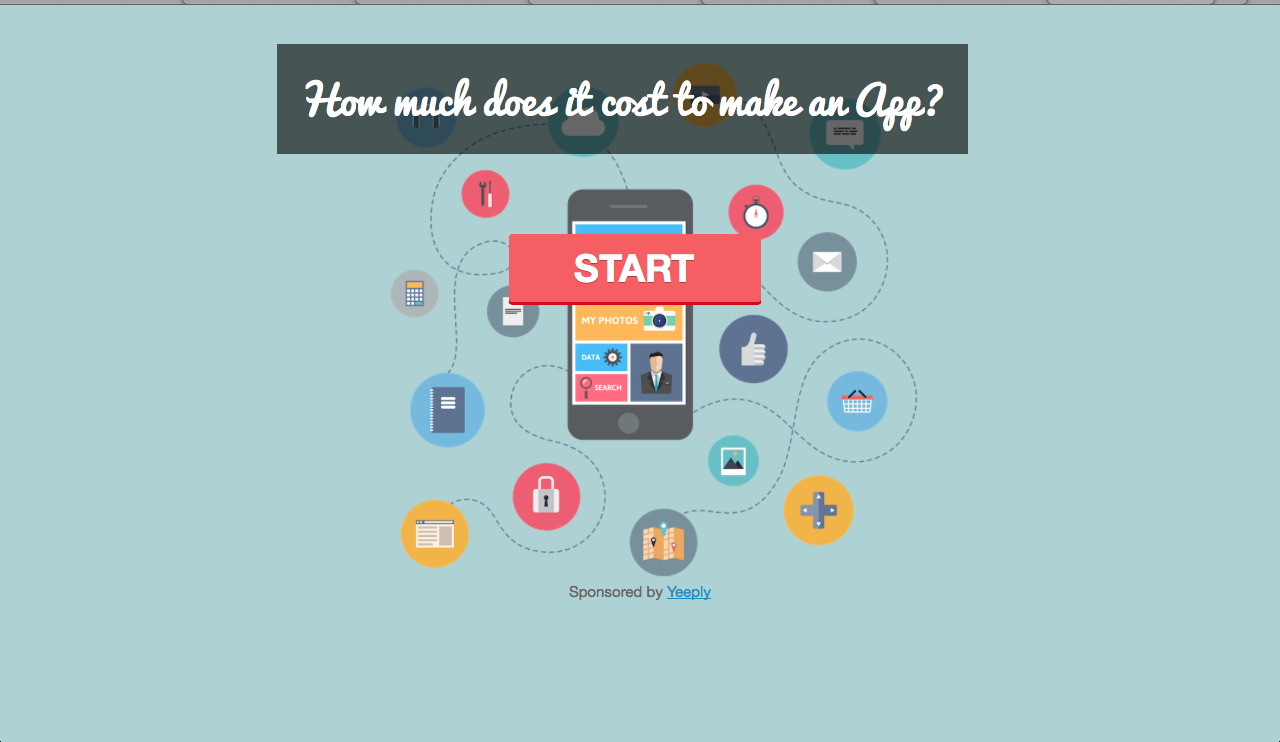There are three different types of apps: native, web and hybrid applications. In this new article, we’ll explain how they work and most important – how they can be developed according to your needs.
On the internet, we find many definitions and abbreviations for the word application – or app in short. But let’s keep it simple, with an app we mean a computer application that is designed to run on smartphones, tablets and other types of mobile devices.
Before starting to develop a mobile application it’s important to think about the operating system it should be able to run on – like Android or iOS.
Nowadays, smartphone users are using different kinds of applications on a daily basis. Many are installed by default, others have to be found and downloaded from different stores. Let’s dig a little deeper in web, hybrid and native app development.
What are native apps?
A native app is an application that has been developed to run on a particular platform or device. Because of this, native applications can interact with and take advantage of operating system features that are installed on that platform.
The most popular operating systems for apps are Android and iOS. If you want your app to reach the maximum amount of users, it can be a strategic decision to create an app for more than one operating system.

Each operating system has its own programming language. In order for your application to work correctly, the development should be native. This means programmed in the language that corresponds to the operating system.
For example, Android applications are developed in Java and iOS applications are developed in Swift language.
The advantages of native apps
- Native apps have the best performance. As they are created and optimised for one specific platform, the app has a high level of performance.
- Native apps are more secure. Developing a native app is a great way to guarantee your users reliable data protection. Compared to web apps for example, which rely on several browsers and technologies like JavaScript, HTML5, and CSS.
- Native apps offer a better UI. They obtain their devices’ operating system interfaces in order to make them look and function like a part of the device. As the app has to stick to specific UI standards for each platform, it enables you to offer an interface the users are already familiar with.
- Native apps work with built-in features from devices. This means that native applications have direct access to functions like GPS, microphone, camera, etc. Besides, it’s possible to send push notifications.
- Native apps seem to have fewer bugs during development. With native app development, there are fewer chances for bugs to occur because you’re not relying on cross-platform tools.
- In most cases, native apps can be used offline. It is therefore not necessary to have a continuous internet connection.
The disadvantages of native apps
- A disadvantage of native app development might be the cost. As mentioned before, every application requires to be developed for one specific operating system. In case you want your app to run on Android AND iOS, two separate apps will have to be developed.
- The cost of app maintenance and updates is higher for native apps, especially if it supports more than one mobile platform.

What are web apps?
A web app is an application designed to run on any device or browser. Therefore, the app is programmed independently of the operating system. Unlike with a native app, it’s possible to work on several devices with one single web app.
Web apps are created with programming languages such as HTML and CSS. They run inside a device’s own web browser via a URL.
It’s not necessary to download and install a web app from an app store. Well-known examples are the shortcuts to Safari on iOS and the shortcut to Google Chrome in Android.
Advantages of web apps
- Web apps have a lower development cost. As the code can be used for cross-platform development it saves time and money.
- Web apps are easier to maintain. This because they have a common code base across multiple platforms.
- Web apps don’t need to be approved by app marketplaces. Developers are not required to submit their app to any app store for approval. They simply can be released at any time and in any form.
- Webs apps don’t require user updates. The users simply don’t have to download or install any updates since the newest version is always shown when one accesses the web app.
Disadvantages of web apps
- Web apps have a limited access to features of devices. They don’t have the same access as native apps for example.
- Web apps might have higher costs. The ones that support multiple browsers have to be programmed and maintained separately.
- Web apps are harder to find for users. This because they are not systematically listed in any app store, which makes it harder to discover new web apps.
- Web apps can have a lower security. As they don’t have to be approved officially by an app marketplace, full security and safety can’t be guaranteed to the users.
- Web apps need to be connected to the internet to work.

What are hybrid apps?
A hybrid app combines the best elements of both native and web applications. You install it like a native app, but it’s actually a web app on the inside.
Hybrid apps are developed in the most common languages for web app development such as HTML and CSS. This means they can be used on different platforms.
Despite being developed in the language of the web application, they have the same ability as native apps to adapt to different devices such as a tablet, smartphone etc.
Advantages of hybrid apps
- Hybrid apps have one codebase to manage. Unlike with native apps, you don’t need to develop two separate apps for Android and iOS. Instead, the developer can build one app that is able to run on both operating systems.
- Hybrid app development can save you time and money. As the developer only has to manage one codebase, it probably requires half the time and effort to create the app. Plus hybrid developers are often less expensive than native app developers.
- Hybrid apps are easier to scale to another platform. Once it’s built to run on one platform, it’s easy to launch it on another too.
- Hybrid apps have access to devices features. Just like native apps, they have the same ability to access features like GPS, camera etc.
- Hybrid apps don’t require an internet connection to work.
Disadvantages of hybrid apps
- Hybrid apps have to run appropriately on each platform. In case you want to get as close as possible to the “native user experience” it requires cross-platform app development from high quality.
- Hybrid apps can’t offer the full UX experience to all users. Android and iOS users tend to be very loyal to their platforms. By developing a hybrid app it’s impossible to please both types of users because there will always be small differences in the User Experience compared to native apps.

Still doubting?
In case you still don’t know what type of app you need in order to realise your digital project, don’t hesitate to contact us. Our experts at Yeeply are happy to give you advice about what type of app would work best for you.
Send us a description of your app project and/or request a call with one of our app development experts to get informed about the possibilities.
Get your project done!













